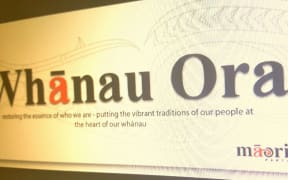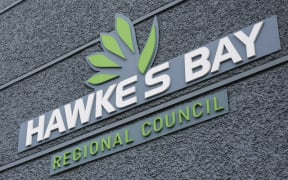Māori and Pasifika leaders often experience isolation, bias, and racism on government health advisory groups, according to a new study.

Photo: 123RF
Heather Came, a senior lecturer in Māori Health at Auckland University of Technology, interviewed six Māori and Pasifika leaders with at least 10 years' experience advising district health boards.
Dr Came said their experiences of racism were alarming.
"Lots of it was about struggling to be heard. One of the participants talked about sharing her research, which was gold-standard, sophisticated research, [and] it got questioned way more than other academics around the table who put forward their perspectives, as if her methodologies were going to be flawed or incorrect.
"It's this distrust of Māori and Pacific evidence and expertise which is kind of how the cultural racism plays out. Historically people would've just said really offensive things, now they don't do that, but it's a more sophisticated way of marginalising Māori and Pacific views."
Most participants in the study said they were often the only Māori or Pasifika member of the group, and were suspicious of 'tokenism'.
"For me tokenism is about the appearance of engagement but it's inauthentic and hasn't got any depth to it.
"It's beautiful to use cultural rituals, but if then when a Māori leader offers their opinion about what should happen with a policy and their words and ideas don't get written down that's a little tokenistic."
Dr Came said Māori and Pasifika knowledge was frequently ignored, debated, or perceived as unworthy or invalid.
More could be done by government officials and agencies to ensure that Māori and Pasifika leaders were heard, she said.
"I think it would be really smart to make sure we recruit people into policy roles that have got cultural and political competency and that we recruit people that have a base understanding of Māori and Pacific health and the dynamics of that," she said.
"These leaders have constructive solutions for eliminating health inequities that could benefit all New Zealanders."






